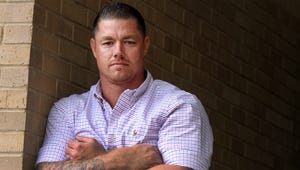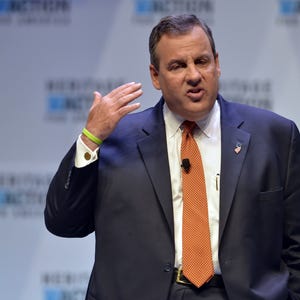app.com - Bill: Make doctors prescribing opioids talk to parents about addiction
11/18/2015
Advocates underscoring the dangers of opioids and heroin are pushing for the adoption of a bill in the state Assembly that would require doctors and others prescribing opioids to minors to warn parents about the dangers of addiction.
The bill, A4760 sponsored by Assemblyman Joseph Lagana, D-Bergen, was introduced Monday and referred to the Assembly Health and Senior Services Committee. It also would require prescribers to advise the parents of any alternatives to opioids.
The bill succeeds a more universal bill to require that all patients prescribed controlled dangerous substances be advised of the dangers of addiction and any alternatives. The Senate version, S2366, passed 36 to 1, but the Assembly bill died in the same committee.
Angelo Valente, executive director of Partnership for a Drug-Free New Jersey, said he fears more teens will be swept into the rising heroin epidemic in New Jersey.
“We’ve found that in many cases, opioid prescriptions lead to heroin abuse,” he said.
The Medical Society of New Jersey, a physician's advocacy group, did not immediately respond to a request for comment.
The Centers for Disease Control in July said the prescription opioids led to the heroin epidemic.
Evidence is mounting that those 25 or under are particularly vulnerable because the brain is still forming.
The bill follows a University of Michigan study released in late October that found that high school students who legitimately use an opioid prescription are one-third more likely to abuse the drug by age 23 than those with no history of the prescription.
The study used a nationally representative sample of 6,220 individuals surveyed in 12th grade. It followed them through ages 19-23.
In August the U.S. Food and Drug Administration approved the opioid OxyContin for children as young as 11. Doctors who treat young cancer patients praised the approval, but others like Valente are worried about those prescriptions leading to addictions.
Andrew Kolodny, chief medical officer for Phoenix House, a national nonprofit that has addiction treatment facilities in 10 states, and the executive director of Physicians for Responsible Opioid Prescribing, said the medical community overprescribed opioids in response to aggressive marketing campaigns by drug makers.
“Doctors were misinformed about the high risk of addiction,” he said. “They grossly underappreciate how addictive and risky these drugs are.”
Those under 25 are more susceptible to addictions, whether it’s to nicotine or heroin, Kolodny said.
The CDC lists 18 to 25 year olds as one of the groups most susceptible to heroin addiction.

